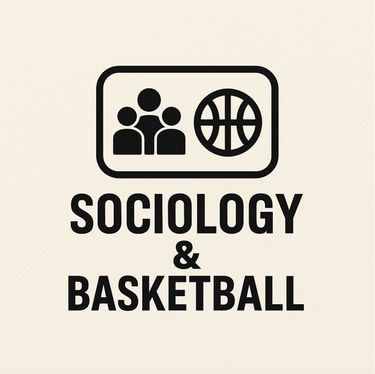The Loss of Socialization in Online Learning
Jad A.
8/21/20241 min read
Accelerated by the COVID-19 pandemic and technological innovation, education has taken so many different forms. Online and virtual classrooms have become popular and more commonly used due to what they offer in terms of flexibility and, in many instances, efficiency. Despite the many advantages that were quickly recognized by students, teachers, and administrators alike, we have to admit that the loss of in-person socialization is the number one disadvantage. Traditional classroom settings emphasize that education is not merely the transfer and delivery of academic content, but more significantly developing social skills, building character and shaping connections with both peers and authority figures. Real time, casual face-to-face interactions provide significant opportunities for improving communication skills as well as emotional intelligence. Sometimes the safety of hiding behind a screen creates a barrier that prevents us from improving these skills.
There are many essential tools missing from an online learning environment. Physically, seeing peers, friends, and teachers in the classroom, hallways, and cafeteria is eliminated. This may lead to students feeling isolated. Studies have shown that despite some students thriving in the new environment, anxiety and depression levels have increased dramatically among students who have transferred from in person to an online education. Recognizing nonverbal cues in discussions, as well as being able to work in group settings are only two of the social skills affected negatively leading possibly to long-term effects on self-confidence as well as empathy and collaboration with others.
Even though online learning has provided the accessibility and convenience that students have grown to enjoy, there is no doubt that in order to mitigate the negative effects, solutions need to be put in place in order to provide experiences that incorporate social elements that reduce the isolation and mimic in-person situations. Some of those include virtual breakout rooms, collaborative projects, video-based responses, Live discussions and debates, reflective, writing assignments, and student lead clubs and discussion groups. These additives can create more of a real engagement environment to online learning that emphasize the significance of social skill building in our future generations.
